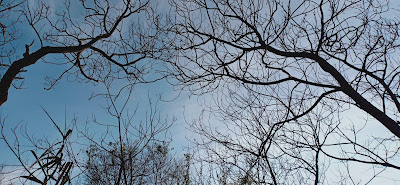Page Count: 107
Publication: Alfred A. Knopf
Edition: 1923
Summary
The Prophet by Kahlil Gibran is a masterpiece of prose poetry, imbued with mysticism and universal truth. Gibran, a Lebanese-American writer, poet, and artist, was often regarded as a philosopher, though he himself rejected the label. The Prophet is said to have been translated over 100 languages and is one of the best selling books of all time.
The book presents the wisdom of Al Mustafa, the central character, who has lived in the city of Orphalese for 12 years. As he prepares to board a ship which will take him home, the people of the city ask him to share his wisdom on various facets of life, such as love, marriage, children, work, death, and more. Through Al Mustafa, the writer offers profound insights into these topics.
Positive Side
The book is short enough to be read in one sitting, yet its true essence unfolds when savored slowly, allowing time to reflect on its profound messages. A thoughtful reader will naturally pause to ponder the insights woven into its sentences or paragraphs. Deep thinkers will find immense value in its pages. The book does not seem to emerge from mere intellectual reasoning; instead, it feels as though it is drawn from a higher, universal source. To borrow the writer’s style: “The book is not the writer’s creation; it is not his, though it comes through him.” It is a work of genius, an extraordinary blend of literary and spiritual insight.
Negative Side
Readers seeking actionable guidance or practical advice may find this book less satisfying. It does not provide a roadmap or list of tasks to improve one’s life in tangible ways. Instead, the book operates on a deeper, more subtle level, stirring the soul and altering the state of being.
In a world driven by productivity and material goals, this book might seem like a collection of beautiful but impractical words—more a luxury of introspection than a tool for achieving worldly success. For some, this could be seen as a limitation. However, those willing to embrace its mystical and transformative power will find that it changes them in ways that are profound, albeit intangible.
Conclusion
The Prophet is a must-read for anyone drawn to mysticism or seeking a fresh perspective on life’s timeless themes. It is a book that touches the soul, leaving readers feeling changed and enriched. Fans of Paulo Coelho’s works will likely find a place for this book in their hearts.
Highly recommended for deep thinkers, introspective readers, and anyone needing a brief yet meaningful escape from the noise of the world, this book is a treasure to be cherished.
Words from the Book
"Your children are not your children.
They are the sons and daughters of Life’s longing for itself.
They come through you but not from you,
And though they are with you yet they belong not to you."
Rajendra Maharjan
Conact: teacher.rajen@gmail.com
.jpg)




















